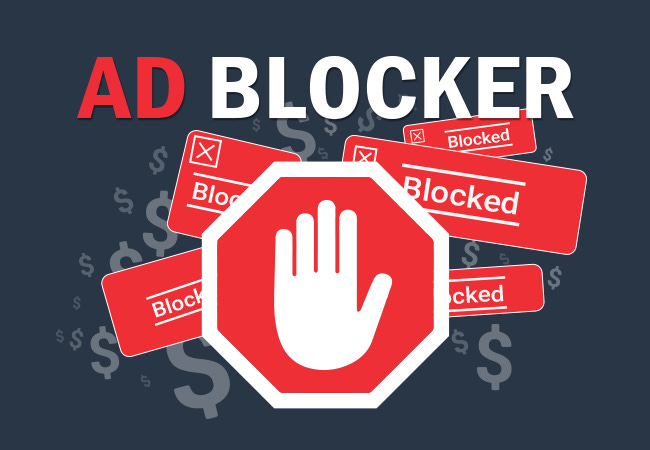Ad blockers have become a prevalent force in the online world, with many users opting to remove ads from their browsing experience.
While this trend might seem entirely negative for Google and businesses relying on online advertising, the impact is more nuanced. Let’s delve into the multifaceted impact of ad blockers and explore potential solutions for a more sustainable online advertising ecosystem.
The Rise of the Blockers
According to [article on ad blockers], a significant portion of internet users leverage ad blockers. This rise can be attributed to several factors:
- Intrusive and Disruptive Ads: Pop-ups, autoplay videos, and flashy banners can hinder user experience, slowing down load times and causing frustration.
- Privacy Concerns: Tracking cookies and targeted advertising raise privacy concerns for users wary of their online data collection.
- Malvertising: The presence of malware-laden ads creates a security risk, prompting users to block ads altogether for safety.
Impact on Google and Businesses
Undoubtedly, ad blockers pose a challenge for Google’s ad revenue stream and businesses relying on online advertising. Here’s a breakdown of the impact:
- Reduced Revenue: With blocked ads, businesses see fewer impressions and clicks, translating to lower revenue from online advertising. This can stifle innovation and content creation funded by advertising dollars.
- Focus on Quality Ads: Ad blockers incentivize platforms like Google to prioritize high-quality, non-intrusive ads. This can lead to a better user experience overall.
Impact on Users
While ad blockers offer a cleaner browsing experience, there are downsides for users as well:
- Limited Free Content: Many websites and content creators rely on ad revenue to stay afloat. Ad blockers can limit access to free content or lead to paywalls for ad-free experiences.
- Loss of Revenue for Creators: Content creators who rely on ad revenue for their livelihood can be impacted by ad blockers. This can stifle the creation of valuable online content.
Finding a Balance
The ideal scenario involves a sustainable online advertising ecosystem that benefits all stakeholders. Here are some potential solutions:
- User-Friendly Ads: Platforms like Google can prioritize non-intrusive, relevant ads that provide value to users rather than disrupt their experience.
- Focus on Transparency: Greater transparency regarding data collection and ad targeting can build trust and encourage users to whitelist trusted websites.
- Supporting Content Creators: Exploring alternative monetization models, like micro-transactions or subscription services, can support content creators even with ad blockers in use.
Conclusion
Ad blockers are a complex issue with a significant impact on online advertising. While they pose challenges for Google and businesses, they also highlight the need for a more user-centric approach to online advertising. By focusing on high-quality, non-intrusive ads and exploring alternative revenue streams, we can create a sustainable online ecosystem that benefits everyone involved.



